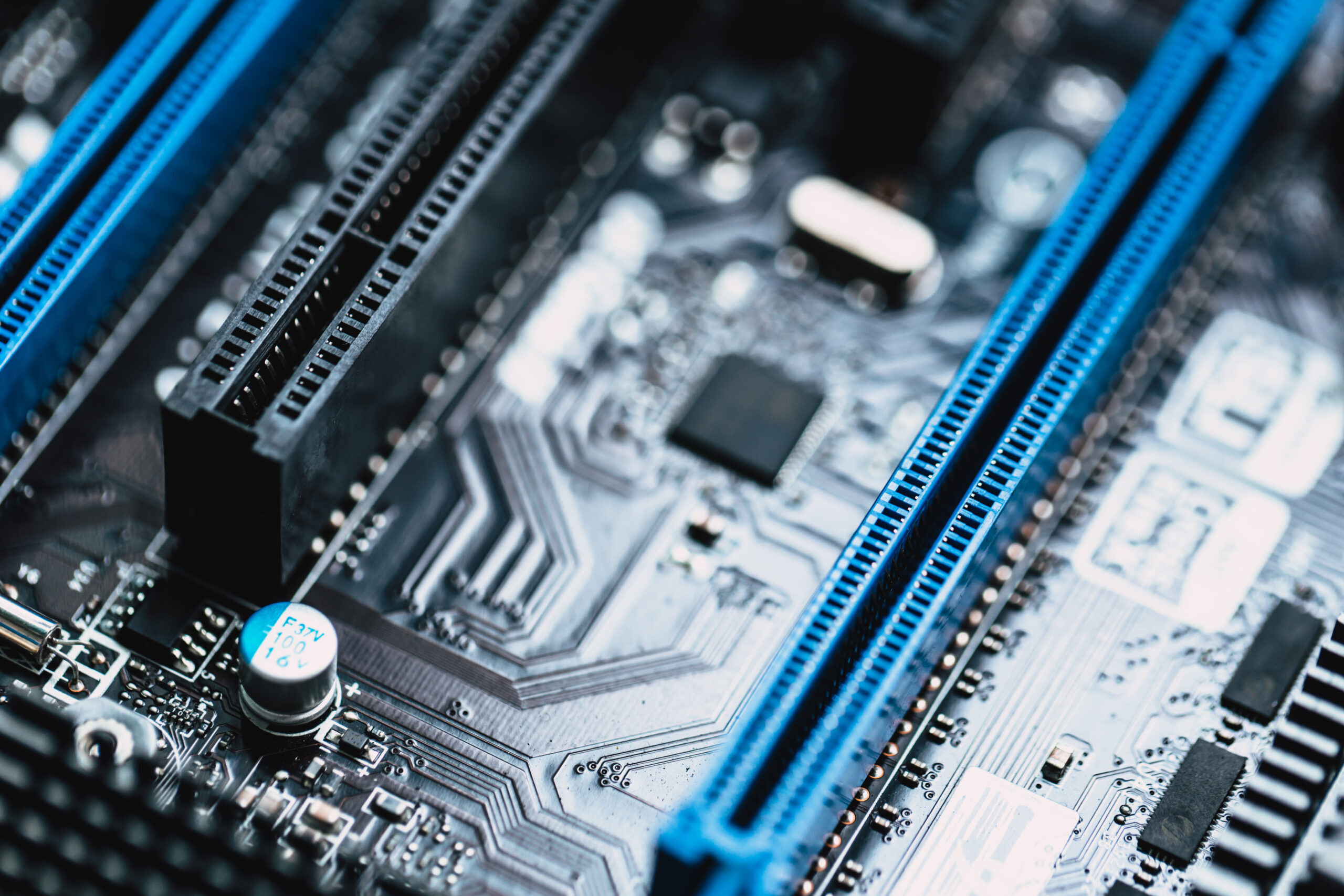- 359 Posts
- 26 Comments

 36·14 days ago
36·14 days agoJust for reference, a few years back, (ex-Microsoft) David Plummer had this historical dive into the (MIPS) origin of the blue color, and how Windows is not blue anymore: https://youtu.be/KgqJJECQQH0?t=780

 201·27 days ago
201·27 days agoLikely due to being a prototype. Production laptops from Tuxedo tend to have the “TUX” penguin in a circle logo on the Super key by default. They also have been offering custom engraved keyboard (even with the entire keyboard engraved from scratch to the customer’s specifications) as added service, so probably there will be suppliers or production facility to change the Super key.
By the way, there was one YouTube channel that ended up ordering a laptop with Windings engraving from them: https://youtu.be/nidnvlt6lzw?t=186
If you want RTX though (does it work properly on Linux?)
Yes it does. For example, Hans-Kristian Arntzen declared the DirectX Raytracing (DXR) implementation in VKD3D-proton as feature complete in February 2023 (https://github.com/HansKristian-Work/vkd3d-proton/issues/154#issuecomment-1434761594). And since November 2023/release 2.11, VKD3D-proton in fact runs with DXR enabled by default (https://github.com/HansKristian-Work/vkd3d-proton/releases/tag/v2.11).

 0·1 month ago
0·1 month agoThis is a very shallow analogy. Fine-tuning is rather the standard technical approach to reduce compute, even if you have access to the code and all training data. Hence there has always been a rich and established ecosystem for fine-tuning, regardless of “source.” Patching closed-source binaries is not the standard approach, since compilation is far less computational intensive than today’s large scale training.
Java byte codes are a far fetched example. JVM does assume a specific architecture that is particular to the CPU-dominant world when it was developed, and Java byte codes cannot be trivially executed (efficiently) on a GPU or FPGA, for instance.
And by the way, the issue of weight portability is far more relevant than the forced comparison to (simple) code can accomplish. Usually today’s large scale training code is very unique to a particular cluster (or TPU, WSE), as opposed to the resulting weight. Even if you got hold of somebody’s training code, you often have to reinvent the wheel to scale it to your own particular compute hardware, interconnect, I/O pipeline, etc… This is not commodity open source on your home PC or workstation.

 0·1 month ago
0·1 month agoThe situation is somewhat different and nuanced. With weights there are tools for fine-tuning, LoRA/LoHa, PEFT, etc., which presents a different situation as with binaries for programs. You can see that despite e.g. LLaMA being “compiled”, others can significantly use it to make models that surpass the previous iteration (see e.g. recently WizardLM 2 in relation to LLaMA 2). Weights are also to a much larger degree architecturally independent than binaries (you can usually cross train/inference on GPU, Google TPU, Cerebras WSE, etc. with the same weights).
There is even a sentence in
README.mdthat makes it explicit:The source files in this repo are for historical reference and will be kept static, so please don’t send Pull Requests suggesting any modifications to the source files […]
There has been:

 0·3 months ago
0·3 months agoGIMP is a special case. GIMP is being getting outdeveloped by Krita these days. E.g.:
https://gitlab.gnome.org/GNOME/gimp/-/issues/9284
Or compare with:
https://www.phoronix.com/news/Krita-2024-GPUs-AI
GIMP had its share of self inflicted wounds starting with a toxic mailing list that drove away people from professional VFX and surrounding FilmGimp/CinePaint. When the GIMP people subsequently took over the GEGL development from Rhythm & Hues, it took literally 15 years until it barely worked.
Now we are past the era of simple GPU processing into diffusion models/“generative AI” and GIMP is barely keeping up with simple GPU processing (like resizing, see above).
From my own statistics how many I feel worthy posting/linking on Lemmy, the most direct alternative to Kotaku is Eurogamer. PCGamer, PCGamesN and Rock Paper Shotgun are occasionally OK, but you have to cut through a lot of spam and clickbait (i.e. exactly this “50 guides per week” type of corporate guidance). Not sure if this is also the state that Kotaku will end up in. The Verge sometimes also have good articles, but the flood of gadget consumerism articles there is obnoxious.
In the beginning, only privileged ones will be allowed to run in pass-through mode. But goal/roadmap calls for all FUSE filesystems eventually to have this near-native performance.
Well, if you have a constructive suggestion which site to link instead regarding kernel developments, I am all ears:
- Not sure that raw commits are readable or have sufficient context for non kernel development readers here
- LWN, particularly timely/kernel development news there, has gone mostly paywall, and there will be (legitimate) complaint if I link articles needing a LWN subscription
Not sure what called for this blatant personal attack. My post history speaks for itself, quite in comparison to yours. And Phoronix is well-known Linux website, and its test suite is in fact even referenced in various regression tests/patches in LKML (also not sure what/if any kind of kernel development you have done).

 0·4 months ago
0·4 months agoSee https://knowyourmeme.com/memes/u-mad, in particular the “Due to the agitating nature of the phrase, it is often considered a form of trolling.”

 0·4 months ago
0·4 months agoThe “you mad bro” is found among internal Valve communication, and was not sent as a response to Sweeney. Another outlet already got tripped over this and had to make a correction: https://www.gamingonlinux.com/2024/03/valve-coo-on-epics-tim-sweeney-you-mad-bro-when-launching-the-epic-store/
This is not quite as sensational as some people are framing it.

 0·4 months ago
0·4 months agoThere is pre-existing context and criticism. And it is not about, or just being the perception of “this journalist”:
https://www.theverge.com/23992402/geoff-keighley-the-game-awards-layoffs
https://videogames.si.com/features/games-industry-deserves-better-than-geoff-keighley
https://www.inverse.com/gaming/the-game-awards-2023-needs-to-acknowledge-industrys-lay-offs-problem
https://dotesports.com/the-game-awards/news/the-game-awards-layoffs-developers-no-respect
The problems also goes beyond just the layoffs, but his overt coziness and preferential treatment of large studios, over even the ones that actually won the award he is presiding over, and are supposed to be celebrated:
https://insider-gaming.com/geoff-keighley-shows-cowardice-at-the-game-awards/
https://www.eurogamer.net/the-game-awards-speeches-were-too-short-geoff-keighley-admits

 0·5 months ago
0·5 months agoThere are now summaries from non pay-walled (and English) press: https://www.eurogamer.net/new-the-day-before-report-alleges-employees-fined-for-making-mistakes

 11·6 months ago
11·6 months agoYes. If you mean “CLI” as for e.g. pacman install, it is a GUI (Electron) application, so I expect will install straight from e.g. KDE Discover and then run without you touching the shell.























Two side remarks about China, which can be a peculiar example to compare to for Russia, maybe even any other country: